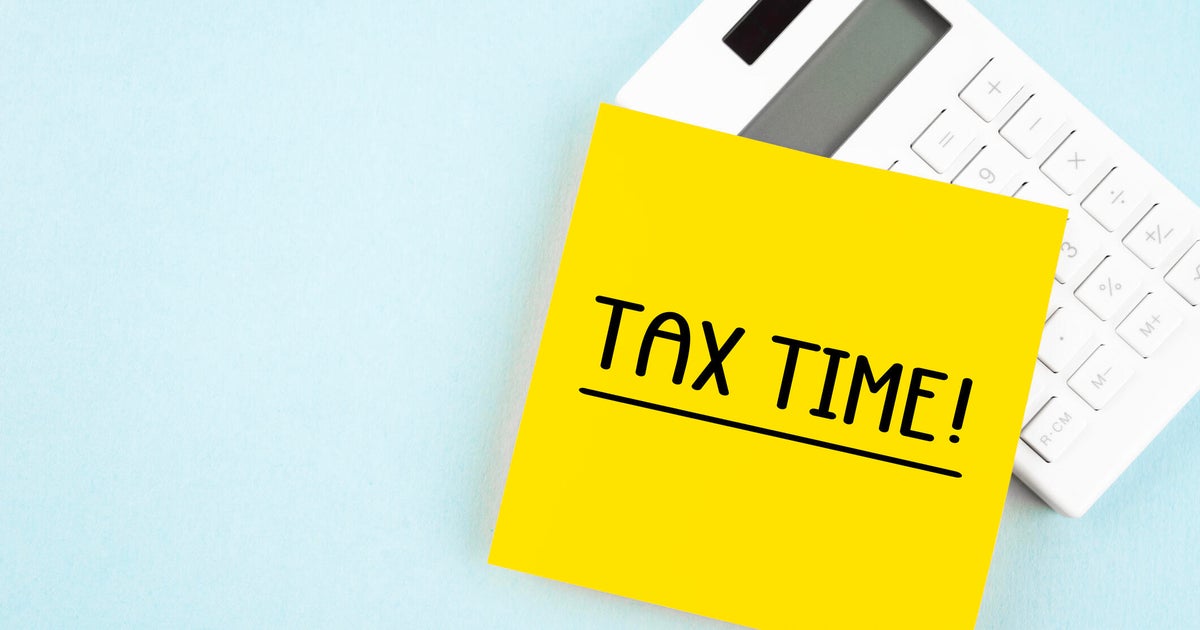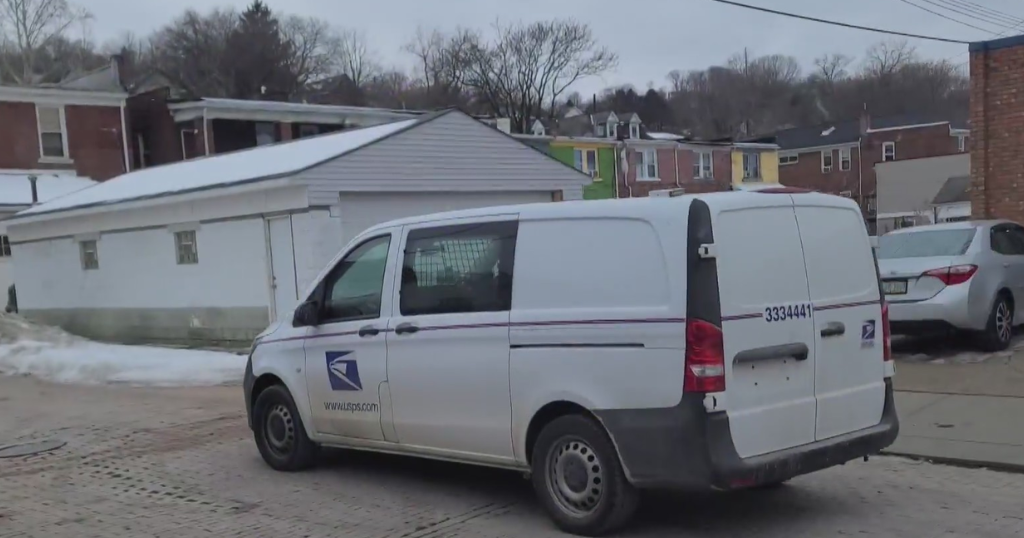How much would a $75,000 home equity loan cost per month?
There are various options available for those who need extra cash. From using a credit card to taking out a personal loan or even getting a payday loan. If you own your own home, though, you have another option: borrowing against your home equity.
Home equity loans often come with better rates than many alternatives because the loan is secured by your home with the home being used as collateral. You do need to be careful, though, as your home could be foreclosed on if you are unable to pay back the loan. Luckily, you can determine how much you'll pay each month before taking out a home equity loan in order to plan a budget around that payment.
Ready to take out a home equity loan? Find the right home equity lender for you online today.
How much would a $75,000 home equity loan cost per month?
Home equity loans can be used to pay for anything from opening a small business to renovations to your home. If you're doing the latter, you could even qualify for a tax break.
When calculating how much you'll pay each month for a home equity loan, you need three main pieces of information: the total amount borrowed, the loan term and the interest rate. If you have that information, you can calculate what your monthly payment would be or use one of the many calculators available online.
Here's how much you'd pay monthly for a $75,000 loan with a few common terms and rates:
Example 1: 10-year fixed home equity loan at 8.59%
The average rate for a 10-year fixed-rate home equity loan was 8.59% as of March 29, 2024. With those terms, you would pay $933.51 per month. That comes to a total of $37,020.80 in interest over the life of the loan, for a total payment of $112,020.80.
When you take out a home equity loan, you'll pay the same rate for the entire term. The only way your interest rate would change is if you were to refinance the loan, which would only make sense if rates go down. If rates go up and you opt not to refinance, you'll pay the same rate as when you took out the loan.
Compare your home equity loan options online now.
Example 2: 15-year fixed home equity loan at 9.07%
As of March 29, 2024, the average national rate for a 15-year loan was nearly the same as for a 10-year loan: 8.70%. With that rate and term, you'd pay $747.37 per month for the loan. That's a smaller monthly payment, but because you are stretching the payment over five more years, you'll end up paying significantly more interest. The interest accrued over the 15-year term would be $59,527.24, for a total payment of $134,527.24.
When choosing which of these options is right for you, consider your monthly budget. If you can afford a higher payment, the shorter-term loan is probably the better option because it saves you more money in the long run. If you can't find room in your budget for the higher payment, however, a longer-term loan still lets you access the money you need, but you'll spend more in interest overall.
Example 3: Get a HELOC
There is another option for borrowing against the value of your home – a home equity line of credit (HELOC). Unlike a traditional home equity loan, you don't receive a lump sum when you use a HELOC. Rather, a HELOC works as a line of credit, allowing you to borrow money as you need to during the draw period.
When the draw period ends, you begin paying back the money borrowed with interest. The ability to draw from the line of credit when you need to gives you more flexibility, as you can borrow based on the amount you need. Unlike most home equity loans, HELOCs have variable rates. This means that your interest rate can change over time, which results in the repayment amount changing as well. For this reason, it's not possible to predict exactly how much you'll pay each month.
Keep this in mind when choosing a HELOC, as it makes budgeting a bit more difficult. The current average national interest rate for HELOCs is 9.01%.
The bottom line
A home equity loan is a useful borrowing tool for homeowners who have equity in their homes, as it allows you to borrow money from the equity in your home at a lower interest rate than many other options. You have to ensure you can pay back the money on time, though, because your house is used as collateral. So, before you take advantage of this type of loan, make sure to crunch the numbers to ensure that you can adequately pay back what you borrow.




